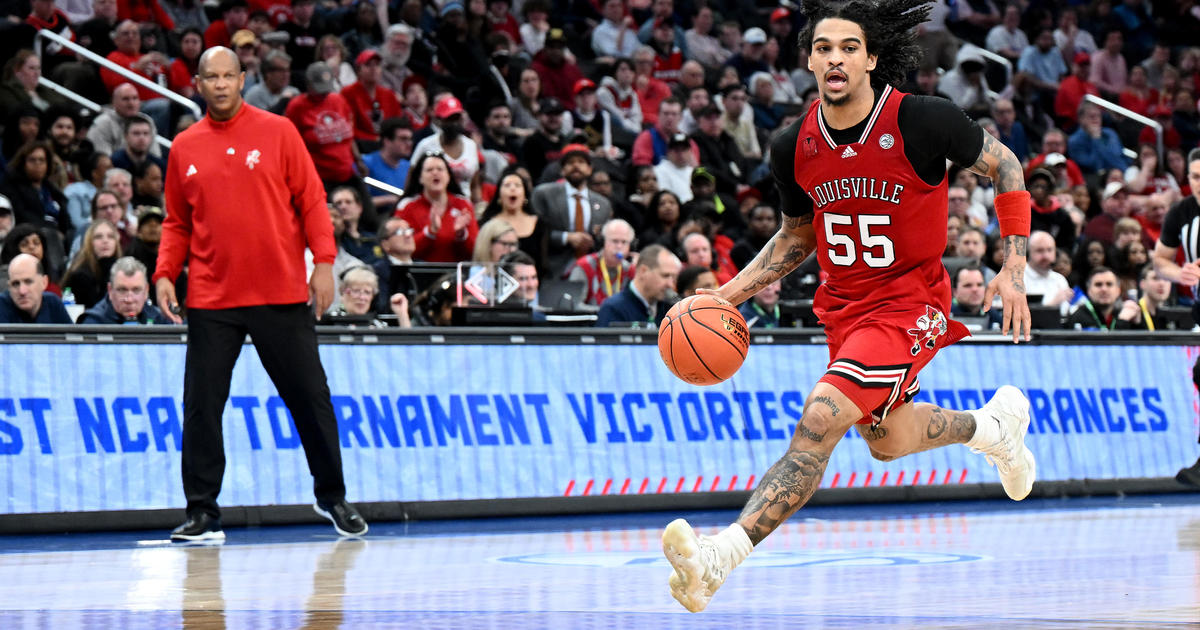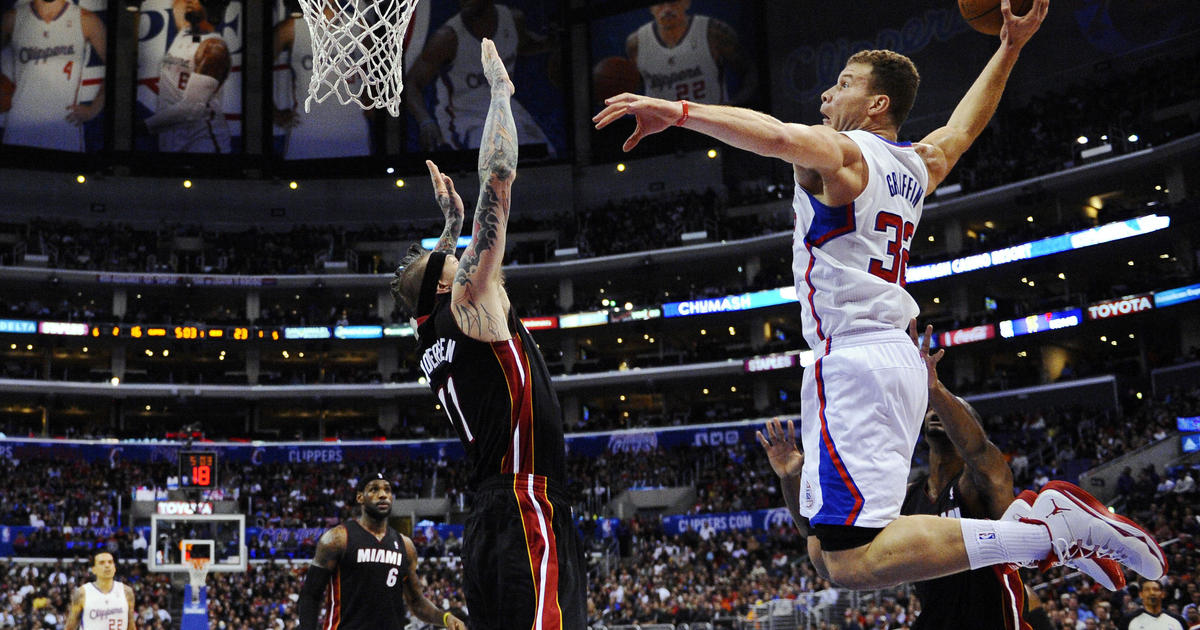Experts: Raiders Return To LA Could Boost Team Value By 500 Percent
By Timothy Bella, CBSLosAngeles.com
OAKLAND, Calif. (CBS Los Angeles) – When Oakland county and city legislators approved the return of the Raiders from Los Angeles in July of 1995, Al Davis and the silver and black looked to be coming home for the long haul.
"It is an economic shot in the arm and one that is symbolic of good things to come," said then-Oakland City Councilwoman Sheila Jordan at the time.
Sixteen years later, the franchise's future is unclear and good things may not be on the way. Davis, the franchise's controversial owner who won three Super Bowls and made the team into an unmistakable global brand, died at his home in Oakland early Saturday morning. In the wake of Davis' death, new rhetoric is bound to spring up about the franchise's future in Oakland, undoubtedly sparking new rounds of discussion as to whether the Raiders would return to Los Angeles, a move that could increase the franchise's value by as much as $1 billion, instantly making them one of the league's most lucrative organizations, according to John Semcken, vice president of Majestic Reality.
"The minute a team moves to Los Angeles they become the richest team in the NFL," Semcken told the Orange County Register in April of this year.
In the hours following Davis' passing, Raiders CEO Amy Trask kept adamant about the team remaining in the Davis family, telling the San Francisco Chronicle that there is a succession plan in place involving Davis' wife, Carol, and his son, Mark. Still, the NFL Network's Jason La Canfora indicated that some owners do expect the Davis family to look for additional owners, potentially signaling the early signs of more Raiders-to-L.A. talk.
But the financial uneasiness of the Raiders residing in Oakland is evident. Last season, the Raiders had the league's lowest per-game attendance, bringing in just 46,431 fans a game – well short of a sellout. In fact, the club sold out just one home game during its 8-8 campaign over the 2010 season, accounting for about 30 percent of the league's televised blackouts.
Recently, Forbes ranked the Raiders as the second-least valuable NFL franchise, generating just $217 million in revenue last year.
The franchise's lack of more substantial revenue is happening as concerns of job creation continue to hinder the Oakland economy. The unemployment rate in the Bay Area stands at 9.7 percent, higher than the country's unemployment rate, according to the Bureau of Labor Statistics. These grim statistics, as well as the revenue numbers at local hotels, restaurants, and shops, would undoubtedly be affected.
George Vukasin, Sr. -- the former president of O.co Coliseum, then known as the Oakland-Alameda County Coliseum -- was one of the main players responsible for bringing the Raiders back to Oakland, wining and dining Davis during the summer of 1995. Yet, Vukasin is skeptical as to whether the current local economic climate, one struggling to plug enough financial resources into a law enforcement unit for a community continually facing violent crimes, would allow a new football-only stadium for the silver and black. This comes as the Oakland A's, the Raiders' co-tenant at the Coliseum, propose a baseball-only stadium in San Jose.
"In order for a new football stadium or for a major renovation to be made for where the Raiders are now, it'll take a lot of money and I'm not sure the community has the money to make it successful," said Vukasin, now the chairman emeritus for Peerless Coffee in Oakland. "The financial challenges of the city are very substantial."
Then, there's the 500-pound gorilla in the room: The fact that the country's second-biggest market hasn't had an NFL team for the last 16 years. If what's happening in Los Angeles is taken into consideration, then the talk of the Raiders heading back to L.A. may not be a pipe dream after all.
Anschutz Entertainment Group is on the cusp of getting approved a proposal to build a 72,000-seat football stadium to be located in downtown Los Angeles, across from the Staples Center. The tentative plan entails unveiling Farmers Field in time for the beginning of the 2016 NFL season.
The move would also help ease the city's unemployment issues. At close to 12-percent unemployment, the Los Angeles area is facing even more significant unemployment numbers than its Oakland neighbors to the north. The approval of the new stadium would add 12,000 new construction jobs and another 11,000 full-time jobs to the region, according to AEG.
If a Southern California move was in the cards for the Raiders post-Davis, there isn't a better time to do it considering today's volatile economic climate, management expert Roger L. Martin told CBS Los Angeles. When assessing the past business potential of an NFL team in Los Angeles and how it would be different now, the biggest issue that the city faced was playing its home games in the oversized Los Angeles Memorial Coliseum, giving way to the idea that people want to be at a full venue, said Martin, author of FIXING THE GAME: Bubbles, Crashes, and What Capitalism Can Learn from the NFL.
"Supply kills demand in entertainment," said Martin. "The only reason L.A. doesn't have a team is because they've never had a stadium that creates the right match between supply and demand."
He added that the franchise and the league would see increased value by having the Raiders back in Los Angeles, generating more streams of revenue by being in a top-tier market as well as creating new tax opportunities for the state.
"[Los Angeles] should be a contributor into the revenue-sharing pot, not a taker, which I would assume Oakland probably is, being a prototypical small-market franchise," he said. "That's what would make the NFL like this."
Of course, the Raiders returning to the City of Angels isn't a slam dunk by any means. When the Raiders first moved to the Coliseum in Los Angeles, the plan was to eventually build what was to be, according to Davis, a state-of-the-art stadium that would have been no cost to Los Angeles-area taxpayers. Paul Tagliabue, the NFL's commissioner at the time, often butted heads with the volatile owner during the team's tenure in Southern California.
"He put a lot of onerous things in our way that drove us out of L.A.," Davis told ESPN in 2002.
Vukasin said the economic ripple effect the Oakland area would face if the Raiders were to leave again could be a significant one, adding that major city real-estate developers in the area see the Raiders as a giant plus for the community, given the name recognition Davis helped give the franchise.
"If the city lost the team, they'd be recognized as a community that couldn't support it," he said.
Whether the franchise will stay in Oakland has yet to be seen, but its future will look different without Davis, who made an indelible impact on the game, especially in two California cities.
"When you look at the landscape of the National Football League and what Al Davis did, it's immense," NFL Hall of Famer Marcus Allen said in a statement to CBS Los Angeles. Allen, who played 10 seasons for the Raiders during their time in Los Angeles, was once referred to by Davis as "a cancer to the team," resulting in a harsh falling out between Allen and the franchise. "It's no secret that we didn't see eye-to-eye at times, but I've always been grateful for the opportunity that he gave me, and I'll always remember that."
Then again, as Davis said in the ESPN 30-for-30 documentary "Straight Outta L.A.," which highlighted the Raiders' run in Los Angeles, an Oakland-to-Los Angeles move is never really that far out of sight and out of mind.
"If they ever offered a new stadium, they could knock," he said.



